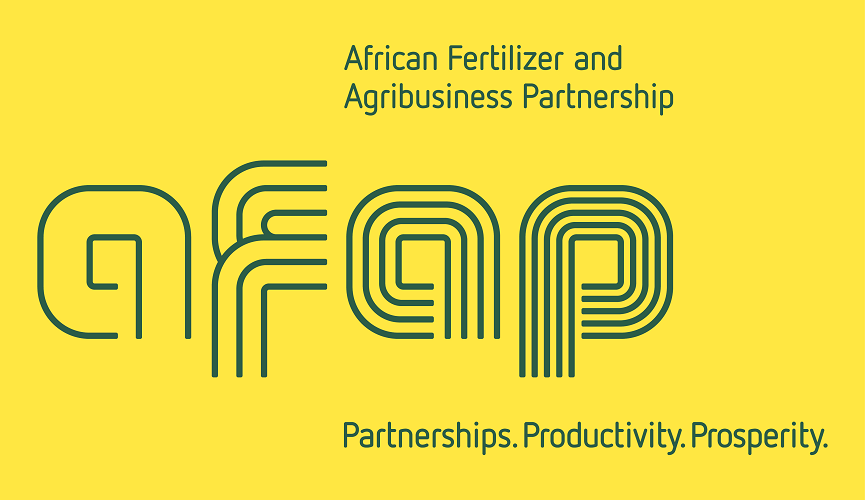The African Development Bank and the African Fertilizer and Agribusiness Partnership (AFAP) have signed two grant agreements to implement trade credit guarantees worth $5.4 million to support fertilizer value chains in Nigeria and Tanzania, potentially benefit hundreds of thousands of smallholder farmers.
The organisations held a signing ceremony at the African Green Revolution Forum in Accra, Ghana on Thursday.
Jennifer Blanke, African Development Bank vice president for Agriculture, Human and Social Development said the agreements would provide the inputs needed for Africa to have “the productivity that we hope for.”
“We are just thrilled to be getting together with our partners in order to expand the efforts to make sure that we are financing the development of manufacturing and blending of fertilizer,” Blanke was quoted in a statement, weekend. “This is an African efforts, led by Africans, for Africa,” she added.
The grants are designed by the Bank’s Africa Fertilizer Financing Mechanism (AFFM) to provide sustainable financing solutions to boost the fertilizer value chain in Africa.
African Fertilizer and Agribusiness Partnership CEO Jason Scarpone signed the agreements on behalf of the continental body, emphasizing the importance of value chain financing – bringing fertilizer financing from manufacturer to distributor, to retailer to farmer. “Few succeed in doing it. This project will be successful,” Scarpone told reporters.
The two deals are the first agreements signed by AFFM, which is hosted by the African Development Bank, since it was became fully functional last year; they pave the way for the first implementation of trade credit guarantee projects for fertilizer financing led by AFFM in Nigeria and Tanzania.
The African Fertilizer and Agribusiness Partnership will be the implementing partner operating in the two countries on behalf of the Africa Fertilizer Financing Mechanism. The partnership has substantial experience in supporting the agricultural value chain across the continent.
Scheduled for implementation over a two-year period, the projects will lead to the enhancement of fertilizer value chains in the two countries and will target 10 importers, 5 blenders/manufacturers, and 37 hub agro-dealers as direct beneficiaries, 520 retail agro-dealers as indirect beneficiaries and 700,000 smallholder farmers as final beneficiaries.
By supporting the fertilizer value chain in the two countries, the projects will go a long way to making fertilizer available to more farmers, a key objective of the Bank’s Feed Africa Strategy.
“We have expected results that are realistic. We are here to make sure this happens,” AFFM Coordinator Marie Claire Kalihangabo said at the signing ceremony.








Leave a Comment
You must be logged in to post a comment.